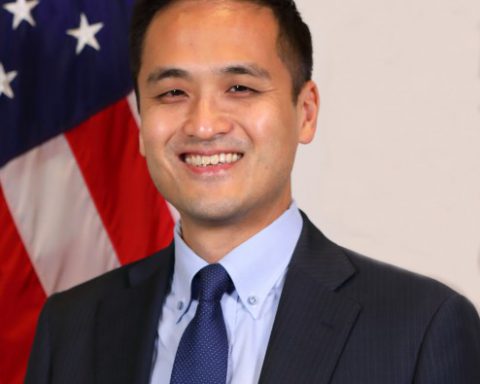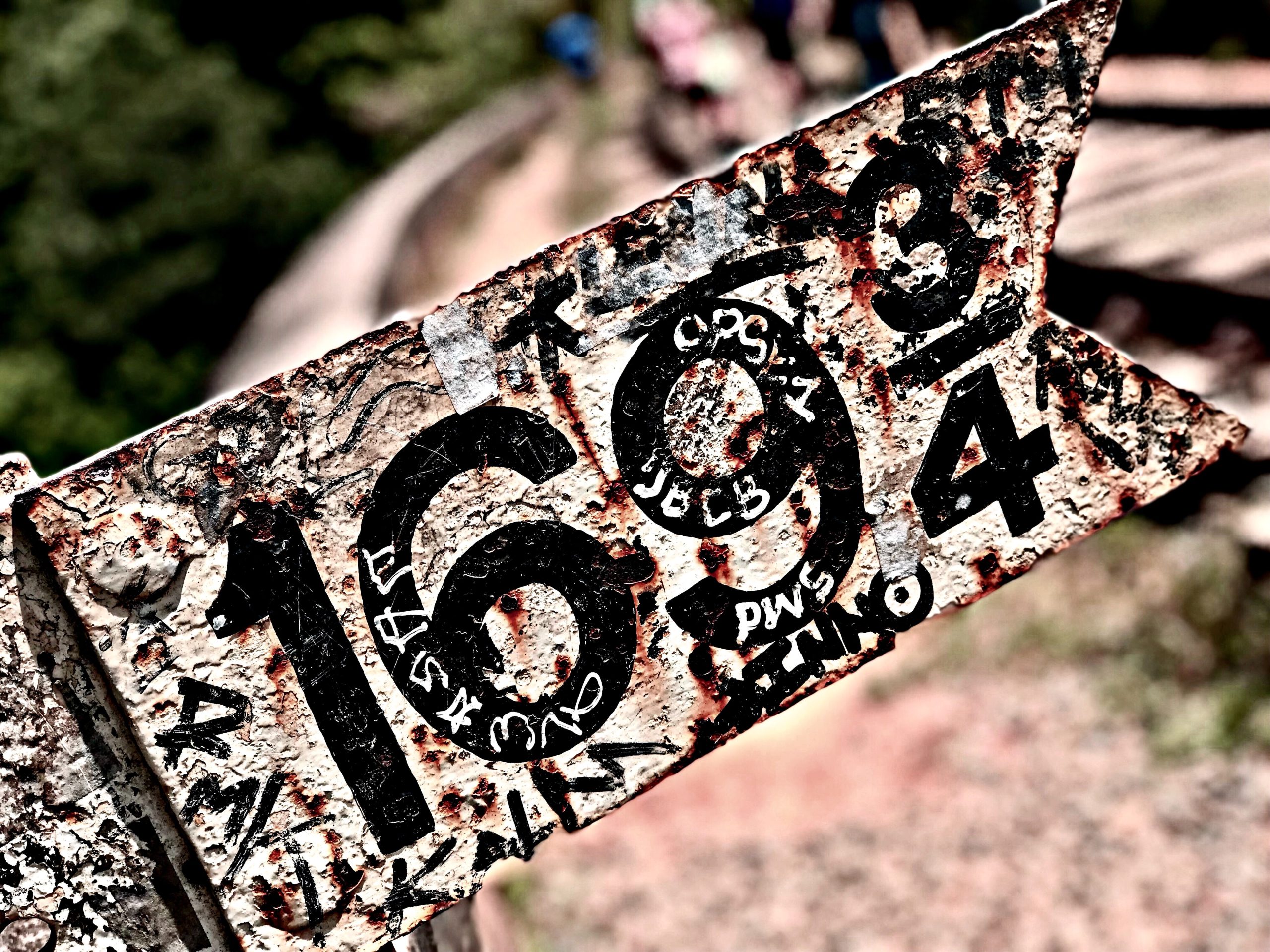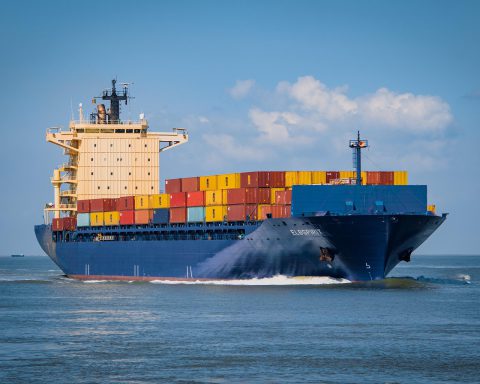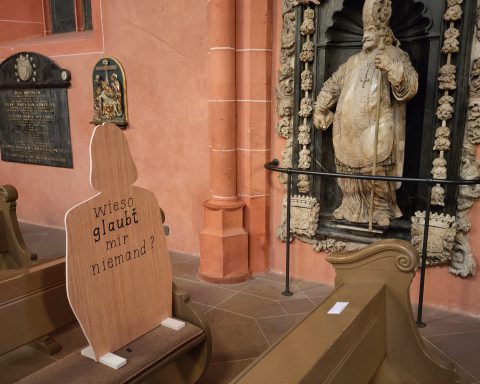We have to face the ugly reality that Donald Trump – it pains me to write this – becomes the leader (of what used to be) the free world today. In order to avoid a psychological breakdown, we should look at the facts of what lies ahead, give some sound analysis, and combat myths or conspiracy theories floating out there.
This does not mean a forecast of what is coming per se. As Joseph Stiglitz rightly pointed out, there are very few scenarios that one can forecast on a Trump presidency, since he has no policy record and his stances on policy shift often and are in many cases contradictory. Also, the Republican-controlled Congress may not be on board with all of his policies, as they contradict decades-old party policies, such as unabridged international trade.

I believe a good place to start is by dispelling a couple of major myths from both sides of the Trump-centered debate. Tin foil hats are not a smart way to deal with the new global political reality.
Myth #1: From Russia with love!
A worrying aspect of Trump’s possible policies is his public appreciation and defense of Russia’s Vladimir Putin, and that of other strongmen such as Egypt’s new Pharaoh-General Al-Sisi. His choice for Secretary of State was grilled by a senator of his own party for his way-more-than-too-close-and-cosy ties with the Putin regime and Russia’s state-owned energy company. Russian author Nina Krushcheva has described Trump’s choices as the “Manchurian Cabinet,” following the Hollywood story where the Communists brainwash an American soldier into becoming their puppet as he enters the inner circle of U.S. politics.
Although there is some substance to fears surrounding the Trump-Putin love affair, talking of a “Manchurian Candidate” or “Cabinet” is too much of a stretch. The Cold War is over; the Communists have lost (google the words “Venezuelan economy”, and you will see why centrally planned economies collapsed). Trump’s (un-American, as Senator McCarthy would say) views towards Putin are more a reflection of his fondness for Caudillo-style populist government than Russian control of the Manhattan bigot.
Trump is likely to form close ties with like-minded populist and illiberal leaders such as Philippine’s Duterte, Hungary’s Orban, or Turkey’s Erdogan. After decades of international liberalism and growing normative rules such as on human rights and trade standards, room for the old-fashioned strongman dictator who got his way by “grab ’em by the pussy” has shrunk, and they need to support each other against their soft, liberal enemies.
Also, Trump’s defense of Russia against accusations that they, and Putin specifically, intervened in the American electoral process in his favor is likely a defense of his weak victory (he lost the national popular vote by almost three million votes and won in many states by very narrow pluralities) than proof of being Putin’s puppet.

Support by Republican Congress members of investigations on Russian involvement seem, to me, more of a message to the new president that he has to concert policies with the Republican leadership and that he will not run the presidential office as he did his reality show. It may also have been an opportunity for the likes of Senator John McCain to clear his conscience after having endorsed the man who denied that he was a war hero.
Putin, and other illiberal populists, may benefit from Trump’ warm perception toward populists leaders, but that does not prove direct control.
Myth #2: The economy will grow!
Hopes of pro-growth policies are a myth prevalent in right-wing political parties in the U.S. and Europe. It is only true that Republicans are the party of small governments when a Democrat sits in the Oval Office.
Substantial budget deficits have been the norm during Republican administrations. However, this will not spark economic growth, if Trump really gets his way. The reason is that two of his main and constant policies, christened “America First,” are firmly anti-globalization and anti-growth: curbing immigration and limiting or reversing international trade agreements.
Trump started his bid for U.S. President with an anti-immigration message. His base loved it. Hence, he has to deliver if he is to maintain his somewhat weak political capital (remember, he lost the national popular vote badly, and narrowly beat Clinton in many states). The problem with delivering on that is that such plan costs a lot of money. His Game of Thrones-style “beautiful” wall along the U.S.-Mexican border will cost a lot, as will his massive deportation plan. Plus, one has to add in the loss of productivity from a reduced and often-cheap labor force.
Trump’s plans to undo trade agreements and lift trade barriers is a lot trickier. The pro-growth logic of this plan is that it will keep jobs in American territory, thus increasing production.
It would be a plausible plan if it were 1860. The globalization process of the last decades differs from any we have seen in other periods because of global production networks. Products are no longer national, even if a sticker on the box claims so.
In Germany, Vice-Chancellor Sigmar Gabriel reminded President (small heart attack…) Trump of this fact after his threat of a 35% tariff on BMWs going to America. Some of the parts for automobiles (and many other products too) come from Germany, but they are assembled in the U.S. Also, as Stiglitz noted in the piece linked in this article, if Trump is really determined to engage in a trade war with China to keep jobs at home, he will find that they might be able to inflict more pain on the American economy (with the negative effects rippling across the world), than what he can actually inflict on the Chinese market.

Anyone keeping their hopes up – perhaps encouraged by positive responses from financial markets after the Trump election – may be seriously disappointed. Then again, expecting the unexpected from the Trump administration is actually what one should expect!
Reality: preparing for uncertainty
Going forward with the new reality will require cool heads and thorough analyses of situations to come. I can recommend two short readings to help us approach it.
The first one is by economist Ricardo Hausmann: He argues that in a populist era where voters buy into “tell us like it is,” politicians can develop authentic and responsible policies by tailoring context-sensitive policy solutions to the problems that we will face. He compares the recent experiences with economic development in Colombia and Panama to highlight the dangers of copying “best practices” from abroad.
Also, we need to rethink which concepts are best suited for our new global problems. In this regard J. Bradford Delong contends, among other points, that thinkers such as Karl Marx are suited to analyze mid-19th century England, but not our globalized 21st century countries. Writers such as Alexis de Tocqueville explain the danger of a caste (such as the white religious conservative males’, and their female counterparts) losing its privileges in a changing democratic society. The return of populist nativism should be viewed in this light.
It is important to thoroughly understand the global processes gripping countries such as the U.S. and Germany in order to avoid falling into myths and conspiracy theories, and try to keep cool heads to survive the Trumpocalypse upon us.










